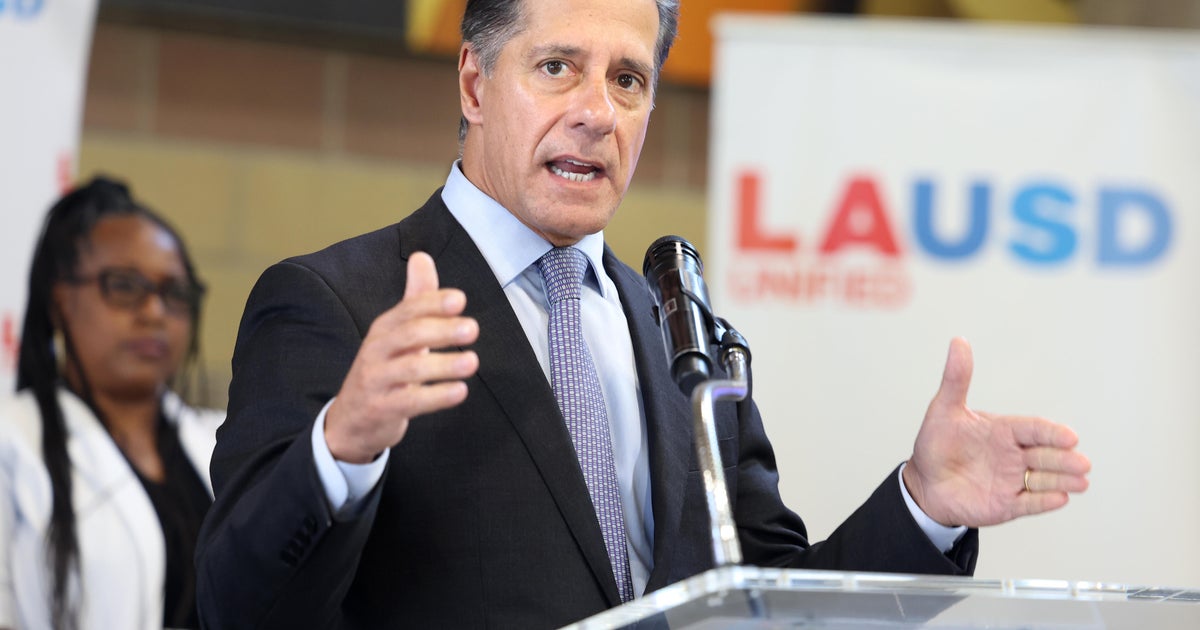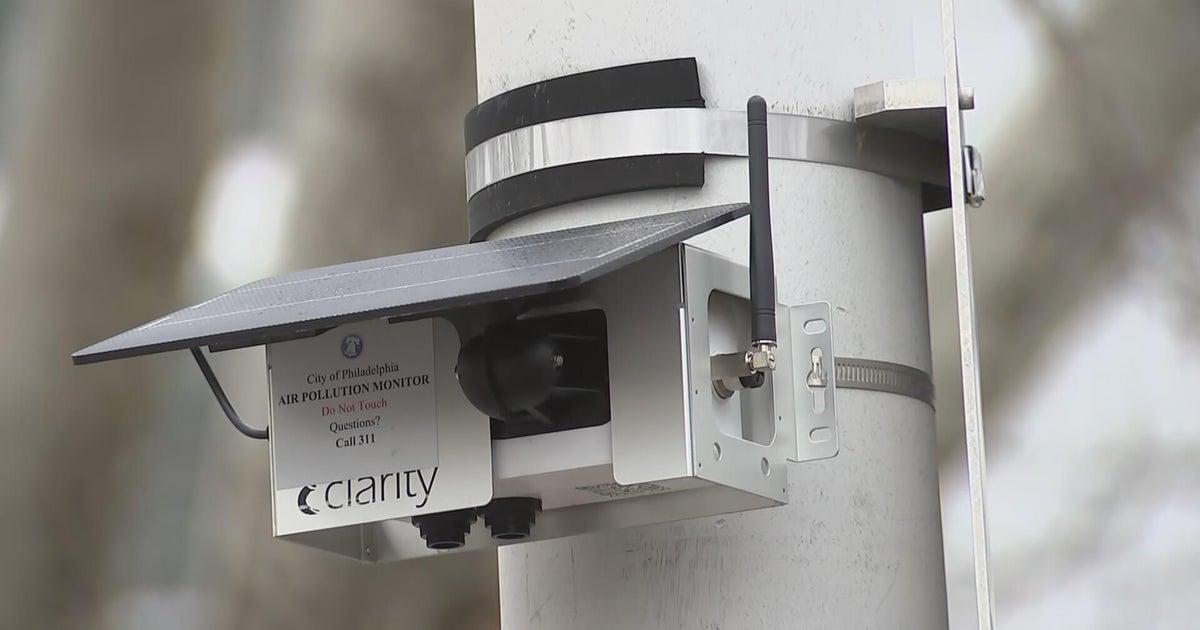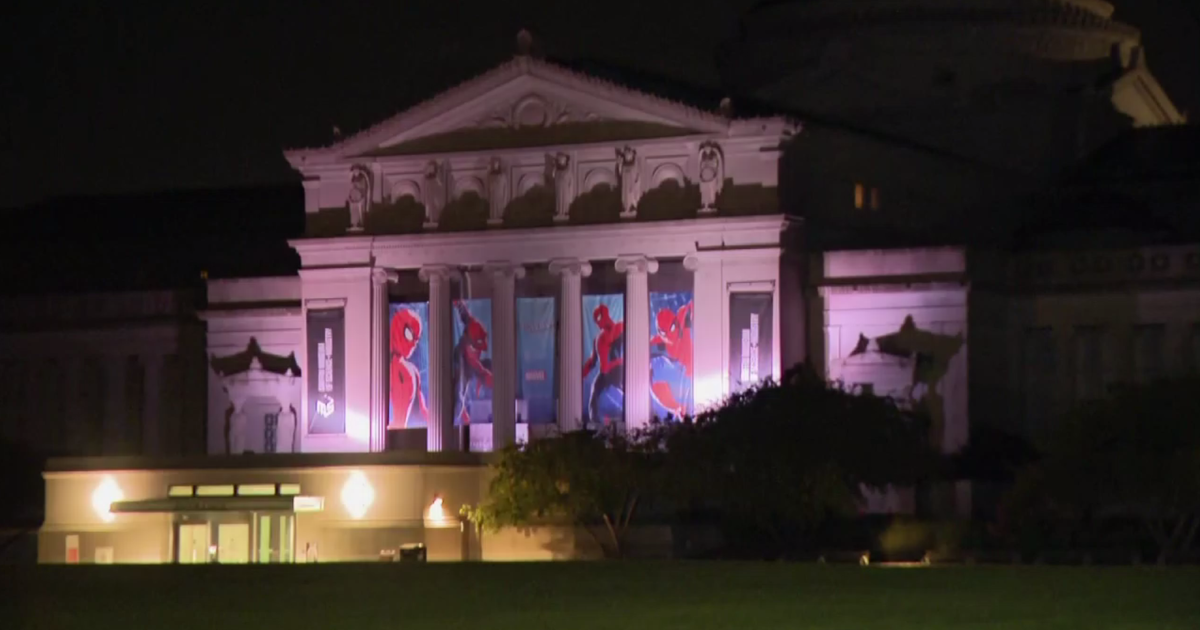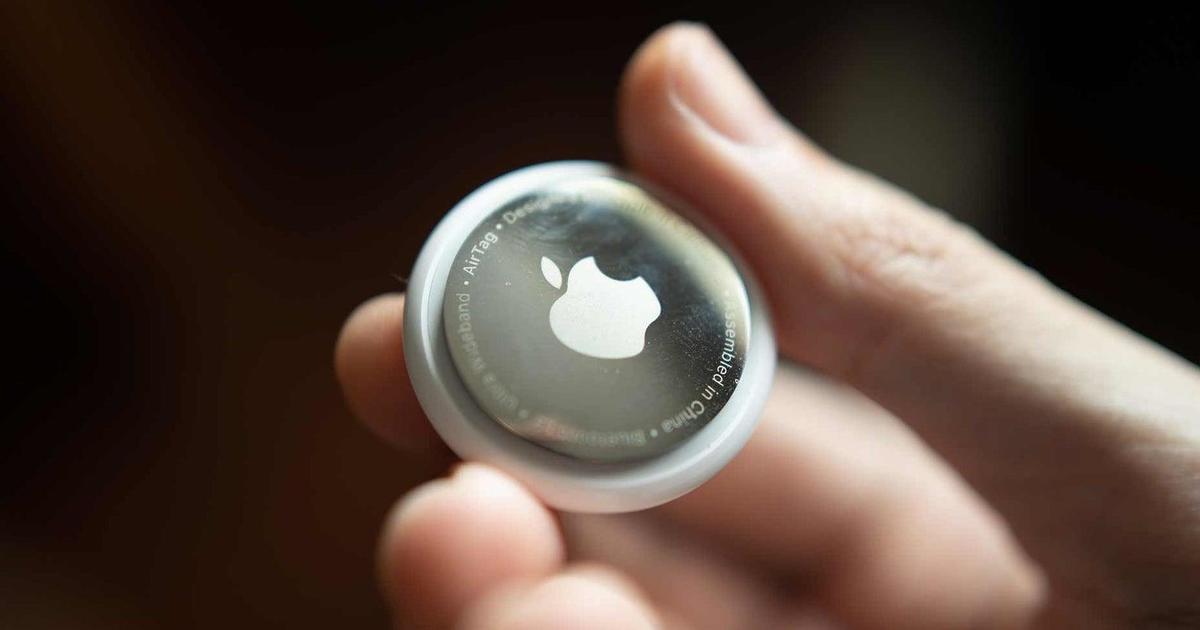Good Question: Is 'The Big Bang Theory' Science Real?
LOS ANGELES, Calif. (WCCO) -- You might not think that a TV show about a bunch of physics graduate students would be a huge hit, but more than 10 million people watch "The Big Bang Theory" every week. The show uses science as a punch line, but how much of the science in the show is real?
"The actual details for those 100 or so people who know their physics, is correct," said Dr. David Saltzberg, a UCLA Physics professor.
Saltzberg knows this, because he's the show's science consultant.
"They send me the script, very early copies of the script, often just fractions of the script," he explained.
Sometimes, the writers put in the science and Saltzberg fact-checks it.
"Other times they'll let me be more creative, they'll just say Leonard's working on an experiment, and (science to come),'" he laughed.
Every episode, Saltzberg creates equations to fill the three white boards in Leonard and Sheldon's apartment. Saltzberg faxes the equations to the show, and then someone writes them on the board. At times they're in the background, other times they're central to the story.
On our visit to the studio inside the Warner Brothers Studio in Hollywood, we saw equations for "the energy levels of a new material called nanotubes," explained Saltzberg.
He gets a lot of feedback about the equations, which he said validates the effort that goes into making sure the physics is accurate.
"I got a letter from a student at Cal Tech who didn't recognize one of the symbols on the white board and thought it was a mistake, but it was something he hadn't learned yet," said Saltzberg.
Much like the actors in a medical drama, most of the actors in The Big Bang Theory don't have a background in science.
"The actors often say they don't know anything about science," said Saltzberg.
And Johnny Galecki, the actor who plays "Leonard" echoed that.
"We're actors, we don't understand the science. But it's the little mannerisms, the idiosyncrasies you get to steal," he said.
However, Saltzberg said, "we once got a correction from Sheldon (actor Jim Parsons). So, Sheldon knows more science than he lets on."
A new cast member, Miyam Bialik, who plays the role of Amy Fowler, does have a science background.
"Miyam Bialik has a Ph.D. in neuroscience, so she also helps out" with fact-checking scripts, said Saltzberg.
Bialik wrote her disseration on Prader-Willi syndrome, a rare genetic disorder.
The Big Bang Theory certainly isn't a hard-core science program in the vein of PBS's Nova, but having science in front of 10 million people every week certainly makes scientists, including Saltzberg, happy.
"If I publish a journal article there are tens of people who read it. We're talking about a million times that. It's a great platform," he said.







